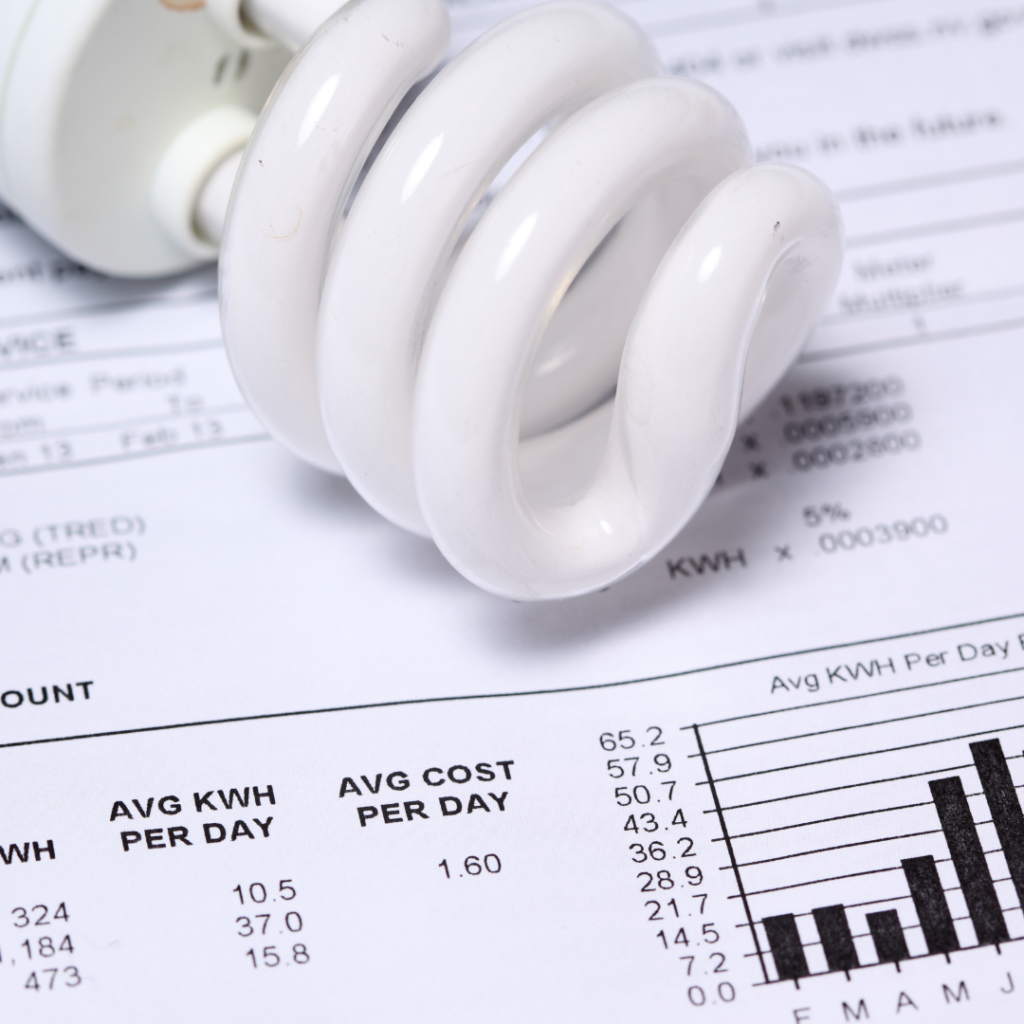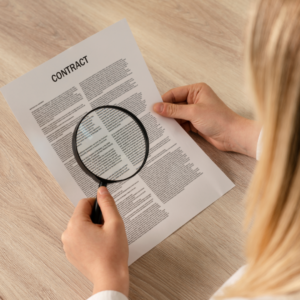
How to Choose the Right Electricity Plan
Choosing the right electricity plan is an important decision. You depend on electricity to run pretty much every aspect of your business—even those battery-operated devices like your smartphone and your laptop need an electrical charge if they’re going to have their batteries working at full power.
Have you ever suffered a power outage at the office? Anyone who has ever tried to continue their regular daily routine during a power outage knows just how inconvenient it would be not to have access to electricity.
To ensure you’re choosing the right electricity plan for your business and the needs of your team, you should consider a few important aspects of the way you use electricity.
Understand How Suppliers Operate
Understanding that suppliers work in a competitive market is a bonus for you as the consumer. Not all access to electricity is created the same. Electrical companies that provide the power to your office will often offer several kinds of energy plans with different services, payment options, term lengths, and other variables that will make the electricity plan right for your needs.
A Deeper Look at Rates

Commercial customers are apt to see two different types of charges on electricity bills.
The first would be the actual charge of the energy used which is relatively easy to calculate. Take the actual energy used and multiply it by the energy rate. Pretty cut and dry, right?
The second charge commercial customers see is known as a demand charge and is not as easy to calculate. Demand charges are calculated based on the highest 15-minutes average usage over any given month. This means if your company tends to use shorter bursts of electricity, the demand charges could be a more significant percentage of your bill than if your company uses a consistent amount of energy over the month.
Determine Your Preferred Term Length
When determining the length of the commercial electricity plan that is best suited for your business, take a look at the energy forecasts for the next year or so. Both short-term and long-term plans have their own benefits that could be beneficial to your company.
Short-term contracts, which typically last less than a year, allow flexibility to switch plans several times throughout the year. This gives the option to keep an eye on the current energy market price and switch if another energy plan is less expensive. The downside is that a large amount of time is spent researching and shopping, and switching deadlines could be missed resulting in much higher “pay as you” rates being put into play.
If you manage to sign a long-term contract when energy costs are low, you will enjoy perks for a long time. These contracts are usually between 12 and 24 months in length, and you won’t see major fluctuations during winter or summer. If a more affordable contract is important to the budget, then this might be the way to go.
Decide Your Plan Type
Energy plans typically fall into fixed-rate or variable-rate and are designed to meet your commercial energy needs.
Fixed-Rate Plan
A fixed energy rate is where the same rates are charged no matter what. The energy bill reflects that rate times the amount of electricity you use. This is a great setup for people who don’t want a lot of instability when it comes to what they pay—sure, you might miss out on a chance to save, but you won’t be hit with a higher rate than you expect either.
Variable-Rate Plan
A variable energy rate is where the rate changes depending on factors like the weather or even current demand. If you’re hit with a significant weather event, such as a heatwave, or if there’s a period where many people in your area are using high amounts of electricity, your rate is going to be substantially higher than usual. The upside is that you will often see significantly lower rates when these factors aren’t at play.
Check Your Contract

If your business is a 9-to-5 operation, you know what an eight-hour block of time will be when you use the most electricity. But if you’re running a business that opens early or keeps late hours, or if you’re frequently in the office on the weekend, then your hours of frequent electrical use won’t be the same as a typical 9-to-5 business. Check your contract to see whether your electric company offers credits for using most of your electricity during hours that are less in demand.
Also, see if there is an option to have prepaid or postpaid electricity and make sure your contract reflects the desired payment plan.
Would you rather pay for your electricity before you use it or after you use it? When you go with a prepaid plan, you don’t ever have to worry about going outside your budget. You pay for a certain amount of electricity, and then you have access to it. Unfortunately, if you end up underestimating the amount of electricity you need and paying too little, then you could be left with your electricity turned off. That can be incredibly inconvenient at best and a huge setback to your business at worst.
On the other hand, a postpaid plan means you use electricity, and then your electric company sends you an energy bill based on how much you used. You never have to deal with the problem of your electricity being cut off (unless you go for too long without paying your bill), but there is always the risk that you use more electricity than you expect in one month and get sent a bill that’s way beyond your budget.
Summary
No matter what type of business, you have options to choose from to make the smartest decisions for your organization’s needs.
Have more questions about finding the electric plan that’s right for your specific needs? Our team at Mayflower Power & Gas has options. Reach out to us today to learn more by calling 718-629-3569.

